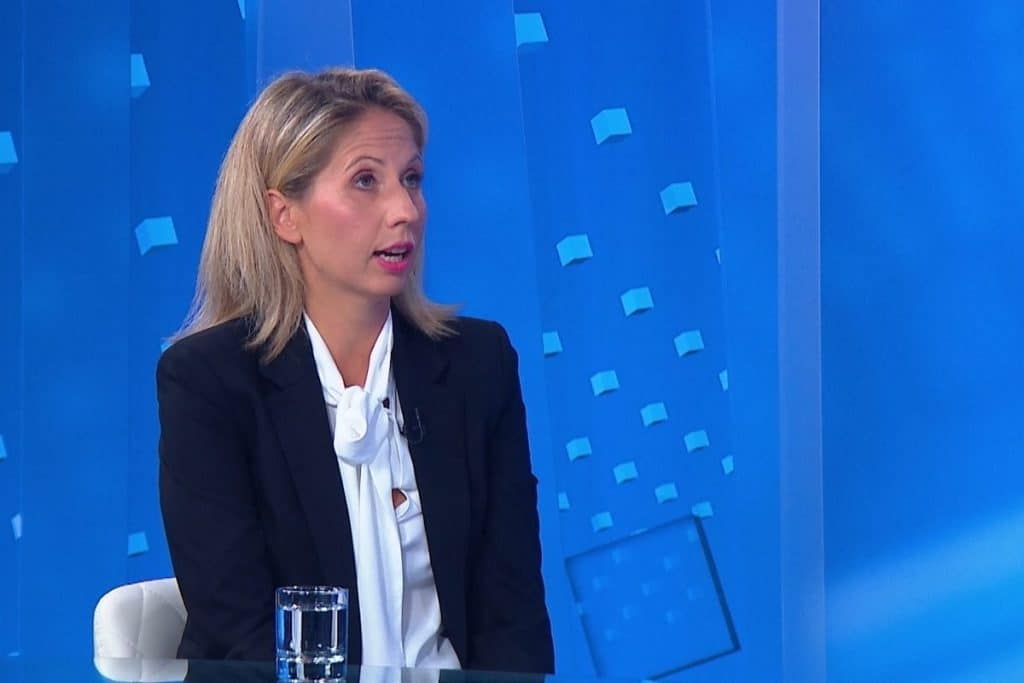Professor Đana Luša from the Faculty of Political Science was a guest of N1 Live Studio.
At the beginning, she referred to the current situation with the war in Ukraine.
“In that initial phase of the war, we all somehow thought that it was a very short operation and a short-term war. Now, after 6 months, we look at the whole situation completely differently. At the very beginning, the goal was the decapitation of the leadership of Ukraine and the creation of a kind of quisling regime in Ukraine, when that failed, Russia turned to the eastern and southern battlefields. If we look at an interactive map, over the summer there was a positional war where there were not too many changes on the battlefield itself. Now we have some kind of announcement of a counteroffensive,” she said.
As for the diplomatic negotiations, he points out that in the first phase of the war, we all hoped that both sides would sit down at the table.
“Macron also wanted to be an arbiter, so did Erdogan. Many countries tried to mediate. Now, at this stage, we do not see the possibility of diplomatic negotiations. By sitting down at the table, Russia would in some way admit defeat, while Ukraine would also admit the loss of almost a fifth of its territory. “At this moment, apart from the agreements reached in the export of grain, I do not see any possibility of diplomatic negotiations,” she said.
Gas delivery to Europe
Luša notes that Russian aggression has opened up a whole series of issues and positions in international political relations.
“We see the positioning and strengthening of relations within the European Union. At the very beginning, the literally unexpected unity of the European Union was shown. Now we have a situation of a kind of unified action. The European Union has shown unity in most cases and has proven to be a strong actor in gender political relations, but an actor that needs the support of the United States of America. What is evident is that the USA cannot maintain such a presence on both the European continent and the Asian continent in the long term. Sanctions have certainly harmed Russia, but also Europe,” he says.
“Everyone is announcing a cold and very difficult winter as far as energy sources are concerned. This summer, Scholz went to Canada to discuss some alternatives. Germany started with electricity reductions, filled its oil and gas tanks. Now that Russia has cut off gas flow through the Nord Stream, the question of Europe’s long-term energy supply remains. This is where Europe exposed itself because it did not think long-term,” he adds.
She briefly referred to whether Croatia and Hungary could reach an agreement regarding INA. The professor says that even in this war situation, the interests of each state come to the fore.
“Orban has positioned himself as he has many times before, this is the policy he is promoting – Hungarian national interests above all. He secures internal political support for himself,” she said.
Relations between Serbia and Kosovo
Luša points out that any escalation of relations between Serbia and Kosovo represents a great threat to Europe while the war between Russia and Ukraine is being waged.
“Any instability can spill over into the region. The Berlin process did not get the results that many expected it would. The US is only recently re-engaging in the region. Biden has once again returned the Balkans to the center of American interest. What is dangerous is the fact that it is very difficult to reach any compromise. This is just one segment related to license plates and related to crossing the border with personal documents. This agreement is a step forward in terms of some kind of coexistence and better relations between the population in the north of Kosovo”, the professor believes.
Track N1 via Android apps | iPhone/iPad and social networks Twitter | Facebook | Instagram.

